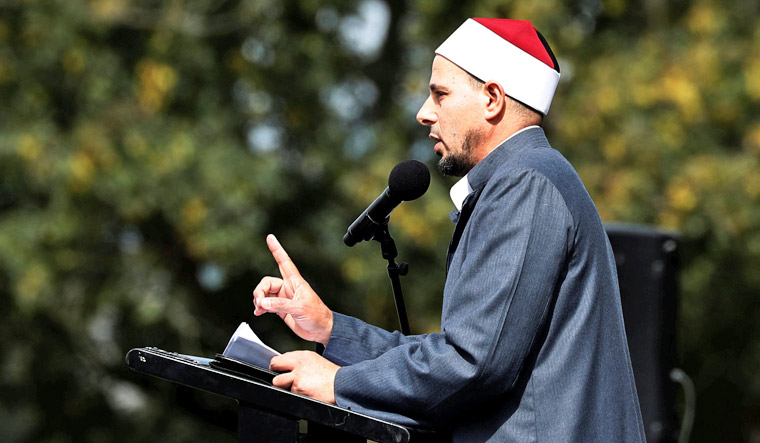Mental Health Counseling Clinicians
They get trained through a Master’s degree program in the discipline of psychology (clinical or counseling concentration) from accredited university programs. Their training includes clinical practice, and they may specialize in serving specific client/patient populations; children, adolescents, women, men, elders, families and/or couples, and groups
|
Focused on research, teaching or practice in educational settings at all levels to present and publish papers related to education |
|
offer consulting services in educational programming, often work in interdisciplinary teams in developing and evaluating educational programs |
Experimental Psychologists are focused on developing experimental psychology as a science. They work in a variety of settings, including: colleges, universities, teaching hospitals, ethical organizations, industries, and the government.
|
Work with legal system |
|
Medical examiner facilities |
|
Primarily educate on health behaviors |
|
Develop, design, evaluate health literacy programs |
|
Conduct job-applicant fit evaluations, organizational HR studies |
|
Offer labor policies, leadership attributes, ergonomics related recommendations |
|
Assess, diagnose neuro developmental or degenerative diseases listed in DSM-5 classification of MH disorders by using various neuropsychological tests, inventories, batteries |
|
Work with medical teams for TBI (Traumatic Brain Injury), concussions, related brain functioning etc. |
|
Study of psychic phenomena, including the search for evidence of their existence |
|
Psychic phenomena include: premonitions (dream), telepathy, ESP (extra sensory perceptions), out-of-body experiences |
|
Develop psychological research methods and interpretive frameworks in religion and spirituality contexts; and recommend such Religious/Spiritual understandings into clinical and other applied settings; |
|
Shedding light on psychological study and practice from religious perspectives |
|
Study how individuals affect and are affected by other people and by their social and physical environments. |
|
Conduct applied research, and offer consultation services in practice in the field |
|
Train in issues related to sports and athletes mental and emotional wellbeing |
|
Work in a variety of settings related to serving athletes in competitive sports |








